Blog
The 6th installment of RENT by Theatre 55 performing at the Gremlin Theater Friday February 10th 2023 7pm. Music by Shirley Mier, Jamie Carter, Lyra Olson and mick laBriola.

NGC 2244 (also known as Caldwell 50 or the Satellite Cluster) is an open cluster in the Rosette Nebula, which is located in the constellation Monoceros. This cluster has several O-type stars, super hot stars that generate large amounts of radiation and stellar wind.
The age of this cluster has been estimated to be less than 5 million years. The brightest star in the cluster is 12 Monocerotis, a foreground K-class giant. The two brightest members of the cluster are HD 46223 of spectral class O4V, 400,000 times brighter than the Sun, and approximately 50 times more massive, and HD 46150, whose spectral type is O5V, has a luminosity 450,000 time larger than that of our star, and is up to 60 times more massive, but it may actually be a double star.
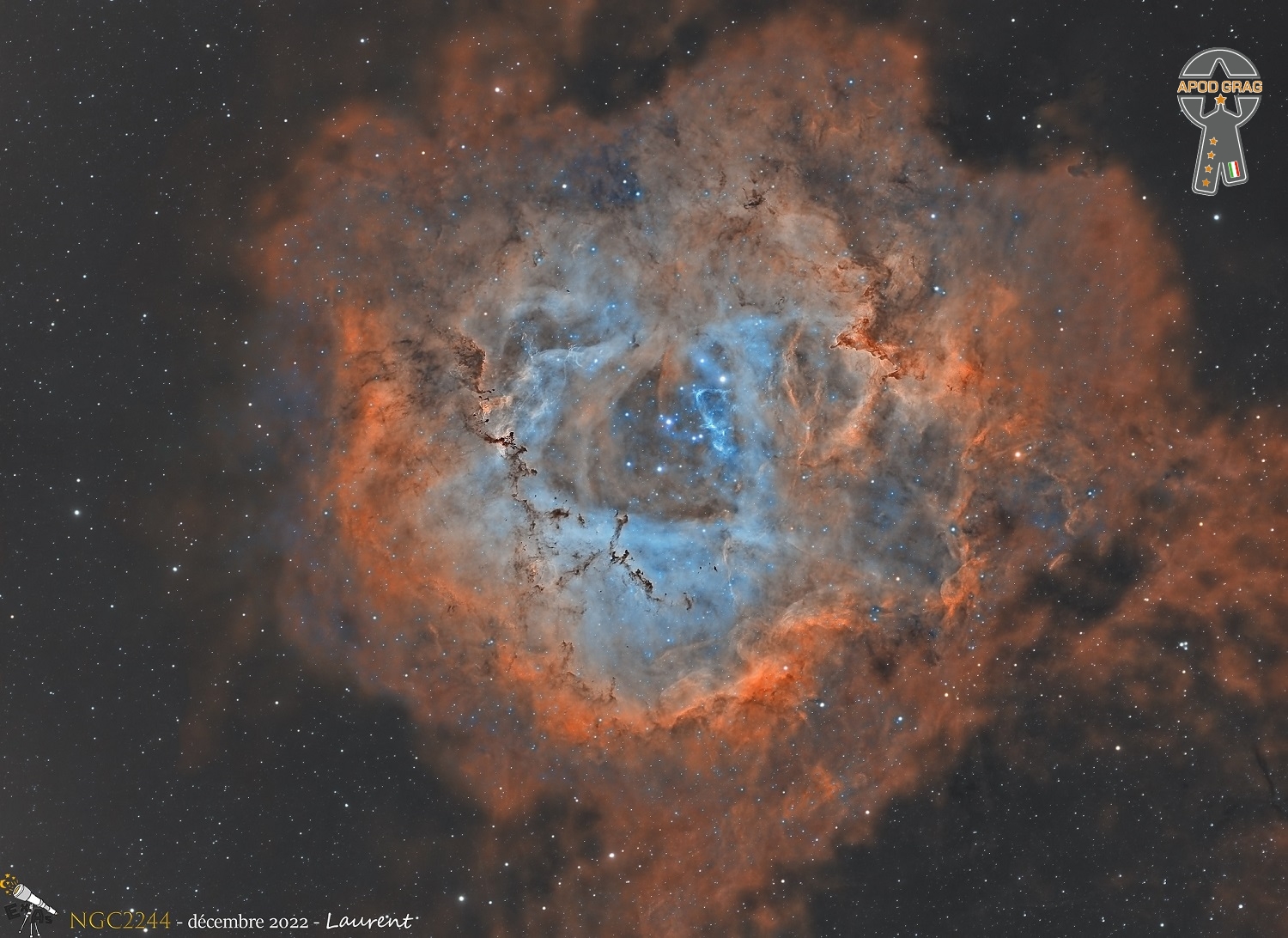
Rufus Reid (born February 10, 1944, in Atlanta, Georgia) is an American jazz bassist, educator, and composer.
Reid was raised in Sacramento, California, where he played the trumpet through junior high and high school. Upon graduation from Sacramento High School, he entered the United States Air Force as a trumpet player. During that period he began to be seriously interested in the bass.
After fulfilling his duties in the military, Rufus had decided he wanted to pursue a career as a professional bassist. He moved to Seattle, Washington, where he began serious study with James Harnett of the Seattle Symphony. He continued his education at Northwestern University in Evanston, Illinois, where he studied with Warren Benfield and principal bassist, Joseph Guastefeste, both of the Chicago Symphony. He graduated in 1971 with a Bachelor of Music Degree as a Performance Major on the Double Bass.
more...Emmanuel N’Djoké “Manu” Dibango (12 December 1933 – 24 March 2020) was a Cameroonian musician and songwriter who played saxophone and vibraphone. He developed a musical style fusing jazz, funk, and traditional Cameroonian music. His father was a member of the Yabassi ethnic group, while his mother was a Duala. He was best known for his 1972 single “Soul Makossa“. He died from COVID-19 on 24 March 2020.
Emmanuel “Manu” Dibango was born in Douala, Cameroon in 1933. His father, Michel Manfred N’Djoké Dibango, was a civil servant. Son of a farmer, he met his wife travelling by pirogue to her residence, Douala. Emmanuel’s mother was a fashion designer, running her own small business. Both her ethnic group, the Douala, and his, the Yabassi, viewed this union of different ethnic groups with some disdain.Dibango had only a stepbrother from his father’s previous marriage, who was four years older than him.In Cameroon, one’s ethnicity is dictated by one’s father, though Dibango wrote in his autobiography, Three Kilos of Coffee, that he had “never been able to identify completely with either of [his] parents”.
more...Jerrald King Goldsmith (February 10, 1929 – July 21, 2004) was an American composer and conductorknown for his work in film and television scoring. He composed scores for five films in the Star Trek franchise and three in the Rambo franchise, as well as for Logan’s Run, Planet of the Apes, Tora! Tora! Tora!, Patton, Chinatown, Alien, Poltergeist, Gremlins, Hoosiers, Total Recall, Air Force One, L.A. Confidential, Mulan, and The Mummy. He also composed the fanfares accompanying the production logos used by multiple major film studios, and music for the Disney attraction Soarin’.
He collaborated with directors including Robert Wise, Howard Hawks, Otto Preminger, Joe Dante, Richard Donner, Ridley Scott, Steven Spielberg, Paul Verhoeven, and Franklin J. Schaffner. His work for Donner and Scott also involved a rejected score for Timeline and a controversially edited score for Alien, where music by Howard Hanson replaced Goldsmith’s end titles and Goldsmith’s own work on Freud: The Secret Passionwas used without his approval in several scenes.
Goldsmith was nominated for six Grammy Awards, five Primetime Emmy Awards, nine Golden Globe Awards, four British Academy Film Awards, and eighteen Academy Awards (winning in 1976 for The Omen).
Goldsmith was born February 10, 1929, in Los Angeles, California. His family was Romanian Jewish. His parents were Tessa (née Rappaport), a school teacher, and Morris Goldsmith, a structural engineer. He started playing piano at age six, but only “got serious” by the time he was eleven. At age thirteen, he studied piano privately with concert pianist and educator Jakob Gimpel (whom Goldsmith would later employ to perform piano solos in his score to The Mephisto Waltz) and by the age of sixteen he was studying both theory and counterpoint under Italian composer Mario Castelnuovo-Tedesco, who also tutored such noteworthy composers and musicians as Henry Mancini, Nelson Riddle, Herman Stein, André Previn, Marty Paich, and John Williams.
more...“The King of the Savoy” reigned supreme over jazz drummers in New York in the 1930’s. He was the consummate showman and with his fluid and rhythmic style, was perfectly suited for the swing era. He raised the standard for drummer awareness, and paved the way for drummer led bands.
Born in Baltimore, Feb. 10, 1909, William Henry Webb, was an unlikely candidate to become a jazz drummer. Stricken with spinal tuberculosis, he was left with a hunched back, and little use of his legs. He took up drumming as a way to relieve joint stiffness, and never stopped. He saved enough to buy a drum set which he had fit with special pedals for his legs. He joined local band the Jazzola Orchestra, then in 1925 decided to try New York City. He sat in on sessions with Johnny Hodges, Benny Carter, and Duke Ellington, after settling in by 1926 he had his own quintet, and played for five months at the Black Bottom Club. He formed an eight piece band, playing the Paddock Club, moving next to the Savoy with his now called Harlem Stompers, and setting up there in 1927. This band grew to eleven members, and by the end of the ‘20’s they were gigging at all the major jazz clubs in the city as the Cotton Club, the Roseland, and the Strand Roof. In 1930 they toured with the “Hot Chocolate Revue”.
more...
“Mineras” is a flamenco style from the mining area of “Sierra Cartagena-La Union” and developed in the 19th century, together with the rest of “cantos minero-levantinos”. This was the result of the great migrations from Andalusia, specially from Almería.
“Minera” was originated in mid-nineteenth century, emerging as a derivation of local “fandangos”, which already existed in “Sierra de la Union” in Murcia. Creator of this “palo” was Rojo “el Alpargatero”, whose son maintained it, but adding some new variants. In the 50s, “minera” rose again after being gone for some years.
“Minera” is composed by a stanza of four or five eight-syllable verses. Main topics are mining and their workers. It is a serious song, which is difficult to be interpreted. There are two kind of “minera”: the one which is a derivation of local “fandangos” and belongs to “cantos de Levante”, more precisely to “cantes de las minas”. These latter constitute currently a very definite form of “taranta”.
Although “minera” is still present in the area where it originated, current singers do not usually include it in their performances, but some do it in their discography. It is a singing which is very closed to its native place.
more...The 5th of 7 performances of RENT by Theatre 55 at the Gremlin Theater Thursday February 9th 2023 7pm. Music provided by Shirley Mier, Jamie Carter, Lyra Olson and mick laBriola.
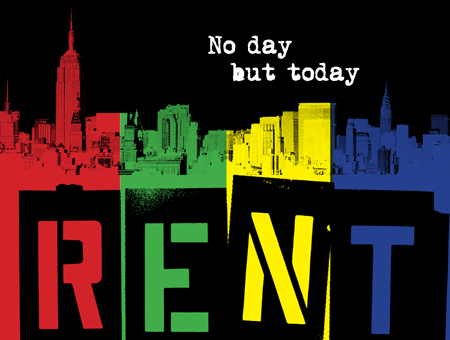
Of all the planetary nebulae in the sky, none is more celebrated than M57, the Ring Nebula. Lying about 2,400 light years away toward the constellation of Lyra, it’s bright enough to be seen in small telescopes, and when long exposures are taken, quite a lot of detail comes out.
Astrophotographer Rob Gendler knows his way around a digital astronomical image. He has been making a habit of creating incredible photographs using multiple observatories, both in space and on the ground, professional and amateur. He took observations from the Hubble Space Telescope, the Large Binocular Telescope, and the monster 8.2-meter Subaru telescope, and combined them to make a stunning image of the Ring. I literally gasped out loud when I saw this.
The Ring Nebula (also catalogued as Messier 57, M57 and NGC 6720) is a planetary nebula in the northern constellation of Lyra. Such a nebula is formed when a star, during the last stages of its evolution before becoming a white dwarf, expels a vast luminous envelope of ionized gas into the surrounding interstellar space.
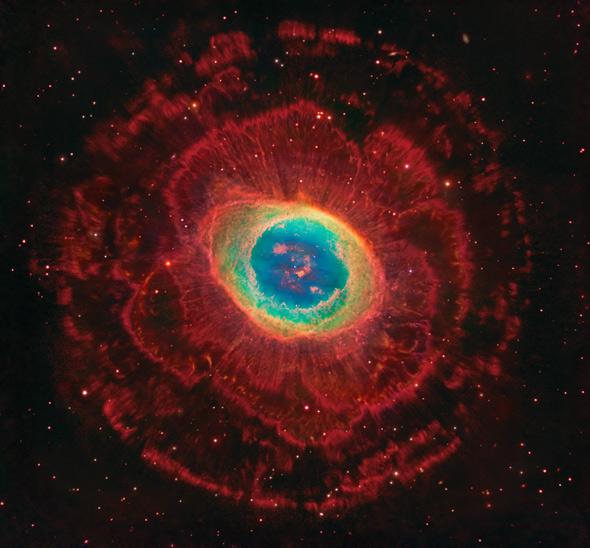
more...
Carole King Klein (born Carol Joan Klein; February 9, 1942) is an American singer, songwriter, and musician who has been active since 1958, initially as one of the staff songwriters at 1650 Broadway and later as a solo artist. Regarded as one of the most significant and influential musicians of all time, King is the most successful female songwriter of the latter half of the 20th century in the US, having written or co-written 118 pop hits on the Billboard Hot 100. King also wrote 61 hits that charted in the UK, making her the most successful female songwriter on the UK singles charts between 1962 and 2005.
King’s major success began in the 1960s when she and her first husband, Gerry Goffin, wrote more than two dozen chart hits, many of which have become standards, for numerous artists. She has continued writing for other artists since then. King’s success as a performer in her own right did not come until the 1970s, when she sang her own songs, accompanying herself on the piano, in a series of albums and concerts. After experiencing commercial disappointment with her debut album Writer, King scored her breakthrough with the album Tapestry, which topped the U.S. album chart for 15 weeks in 1971 and remained on the charts for more than six years.
King has made 25 solo albums, the most successful being Tapestry, which held the record for most weeks at No. 1 by a female artist for more than 20 years. Her record sales were estimated at more than 75 million copies worldwide. She has won four Grammy Awards and was inducted into the Songwriters Hall of Fame. She has been inducted twice into the Rock and Roll Hall of Fame, as a performer and songwriter.She is the recipient of the 2013 Library of Congress Gershwin Prize for Popular Song, the first woman to be so honored. She is also a 2015 Kennedy Center Honoree. King was born Carol Joan Klein on February 9, 1942, in Manhattan, New York City, to Jewish parents Eugenia (née Cammer), a teacher, and Sidney N. Klein, a firefighter.
more...Ernest Dale Tubb (February 9, 1914 – September 6, 1984), nicknamed the Texas Troubadour, was an American singer and songwriter and one of the pioneers of country music. His biggest career hit song, “Walking the Floor Over You” (1941), marked the rise of the honky tonk style of music.
In 1948, he was the first singer to record a hit version of Billy Hayes and Jay W. Johnson’s “Blue Christmas“, a song more commonly associated with Elvis Presley and his late-1950s version. Another well-known Tubb hit was “Waltz Across Texas” (1965) (written by his nephew Quanah Talmadge Tubb, known professionally as Billy Talmadge), which became one of his most requested songs and is often used in dance halls throughout Texas during waltz lessons. Tubb recorded duets with the then up-and-coming Loretta Lynn in the early 1960s, including their hit “Sweet Thang”. Tubb is a member of the Country Music Hall of Fame.
The youngest of five children, Tubb was born on a cotton farm near Crisp, in Ellis County, Texas, United States. His father was a sharecropper and Tubb spent his youth working on farms throughout the state.Tubb’s earliest immigrant ancestor was Edward Tubb, who arrived in Virginia from Northamptonshire, England in 1701.
https://www.youtube.com/watch?v=qfPMMt1tnPI
more...Joseph Gabriel Esther Maneri (February 9, 1927 – August 24, 2009), was an American jazz composer, saxophone and clarinet player. Violinist Mat Maneri is his son.
In 1988, Maneri founded the Boston Microtonal Society, dedicated to microtonal music and tuning. It is currently led by James Bergin and Julia Werntz.
more...Walter Sylvester Page (February 9, 1900 – December 20, 1957) was an American jazz multi-instrumentalist and bandleader, best known for his groundbreaking work as a double bass player with Walter Page’s Blue Devils and the Count Basie Orchestra.
Page was born in Gallatin, Missouri on February 9, 1900 to parents Edward and Blanche Page. Page showed a love for music even as a child, perhaps due in part to the influence of his aunt Lillie, a music teacher. Page’s mother, with whom he moved to Kansas City in 1910, exposed him to folksongs and spirituals, a critical foundation for developing his love of music.
more...Salah El Mahdi (Tunisian Arabic: صالح المهدي; born Mohamed Ibn Abderrahmane Ben Salah Mehdi Chérifi on February 9, 1925 in Tunis and died September 12, 2014 in Tunis) was a Tunisian musicologist, conductor, composer, flautist, music critic and judge.
Born in Tunis in 1925, he graduated from Zaytuna University in 1941 and then at the law school and National School of Administration. He obtained a Ph.D. in musicology in 1981 and a doctorate in letters at the University of Poitiers.
At the age of 18 he left the capital of Tunis to La Marsa and gave music lessons to students. In 1949, he became director of the institution and ensemble there and was appointed honorary member of the SACEM. He was appointed as a judge on November 11, 1951, while assuming the job of music critic in several newspapers. In theater, he performed several roles with the troupe El Kaoukab of Tunis, and wrote plays for radio.
more...https://www.youtube.com/watch?v=A_75U-1Ki30
more...Theatre 55’s fourth installment of RENT performing at the Gremlin Theater Wednesday February 8th 2023 at 7pm. Running through Saturday 2-11. Music with Shirley Mier, Jamie Carter, Lyra Olson and mick laBriola.
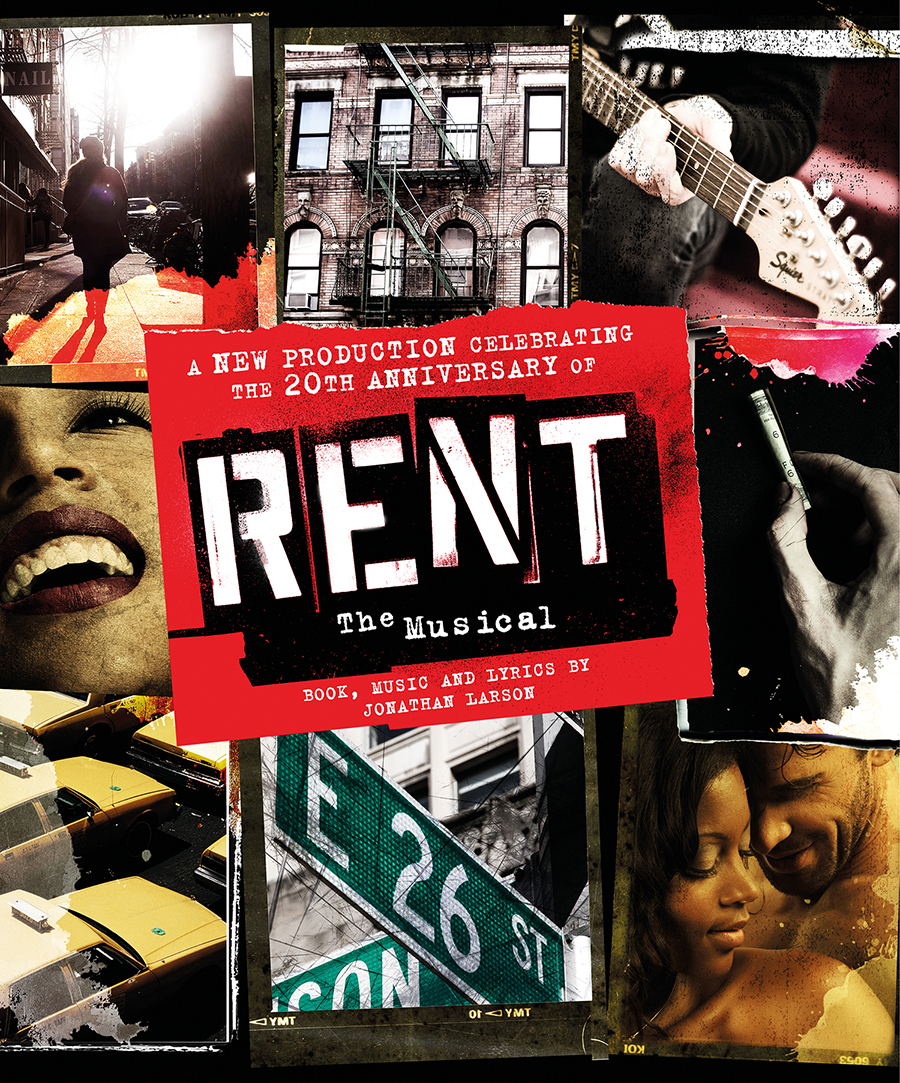
100 times as massive as our Sun, a million times more luminous, and with 30 times the surface temperature. Such stars exist, and some are known as Wolf Rayet (WR) stars, named after French astronomers Charles Wolf and Georges Rayet. The central star in this image is WR 40 which is located toward the constellation of Carina. Stars like WR 40 live fast and die young in comparison with the Sun. They quickly exhaust their core hydrogen supply, move on to fusing heavier core elements, and expand while ejecting their outer layers via high stellar winds. In this case, the central star WR 40 ejects the atmosphere at a speed of nearly 100 kilometers per second, and these outer layers have become the expanding oval-shaped nebula RCW 58.
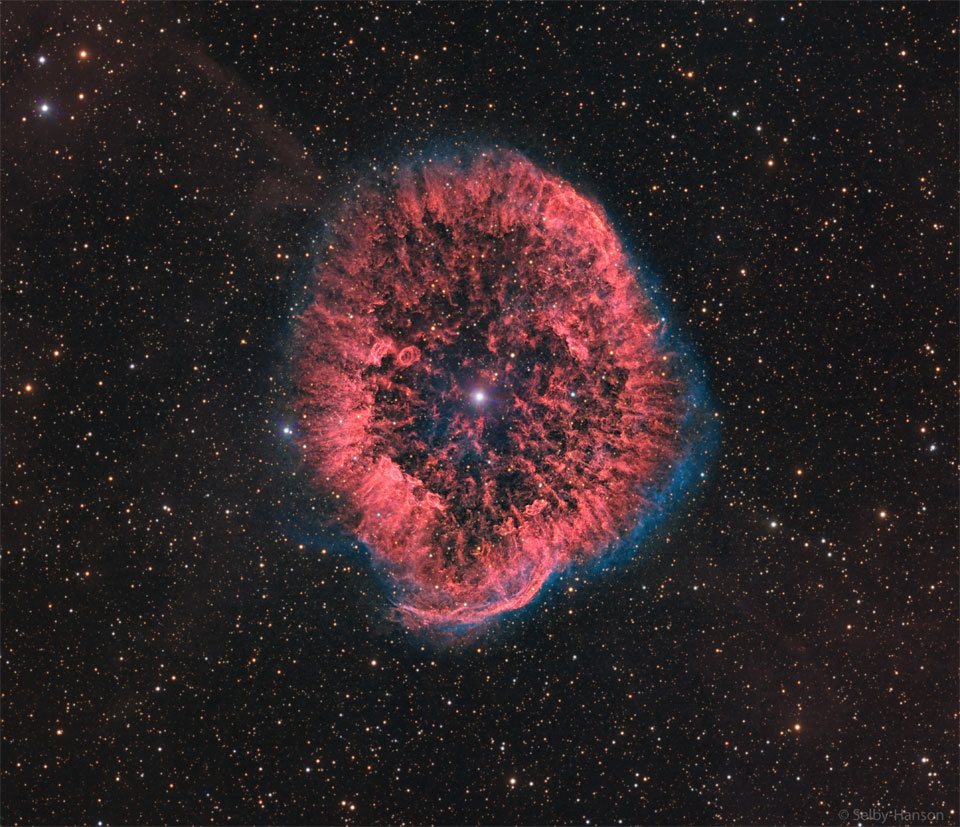
Thomas Walker Rush (born February 8, 1941) is an American folk and blues singer, guitarist and songwriter who helped launch the careers of other singer-songwriters in the 1960s and has continued his own singing career for 60 years.
Rush was born in Portsmouth, New Hampshire, United States, the son of a teacher at St. Paul’s School, in Concord, New Hampshire. He began performing in 1961 while studying at Harvard University, after having graduated from the Groton School. He majored in English literature. His early recordings include Southern and Appalachian folk or old-time country songs, Woody Guthrie ballads, and acoustic-guitar blues, such as Jesse Fuller‘s “San Francisco Bay Blues,” which appeared on both of his first two LPs. He regularly performed at the Club 47 coffeehouse (now called Club Passim) in Cambridge, the Unicorn in Boston, and The Main Point in Bryn Mawr, Pennsylvania. In the 1970s he lived in Deering, New Hampshire.
Rush is credited by Rolling Stone magazine with ushering in the era of the singer-songwriter. In addition to performing his own compositions, he sang songs by Joni Mitchell, Jackson Browne, James Taylor, Murray McLauchlan, David Wiffen and William Hawkins, helping them to gain recognition early in their careers.
His 1968 composition “No Regrets” has become a standard, with numerous cover versions having been recorded (Rush did two radically different versions himself). These include The Walker Brothers, who gave Tom Rush Top Ten credit as a songwriter on the UK Singles Chart, Emmylou Harris, who included the song on her 1988 album Bluebird, and Midge Ure whose cover also made the UK Top Ten.
more...More Posts
- Daily Roots with Ron Wilson
- The Cosmos with M43
- Tony Williams Day
- Alex Acuña Day
- Grover Washington Jr Day
- World Music with DAKHABRAKHA
- Daily Roots with Dennis Alcapone
- The Cosmos with Arp 188
- McCoy Tyler
- Big Mama Thornton Day
- Perez Prado Day
- World Music with Julie Fowlis
- Daily Roots with the Royals
- The Cosmos with Rho Ophiuchi Cloud
- Bob Cranshaw Day
- Guitar Slim Day
- Ray Nance Day
- World Music with Sara Tavares
- Daily Roots with Clint Eastwood
- The Cosmos with o Oph in the Gould Belt